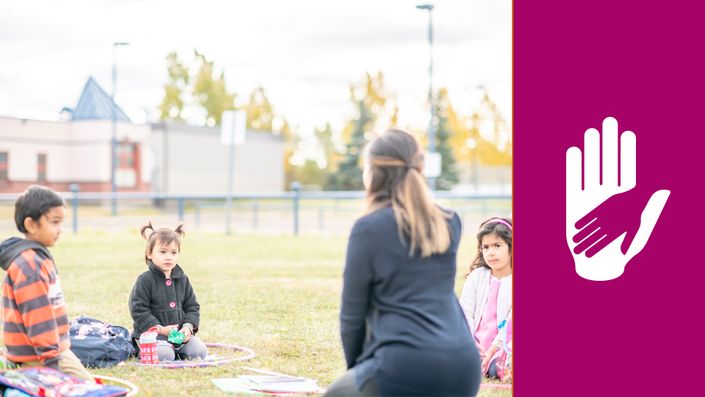
Considerations for Inclusive Outdoor Learning Environments
Providing reasonable accommodations in outdoor learning spaces for students with sensory and/or motor skill impairments
Many schools are embracing the concept of expanding their classrooms into outdoor learning spaces to allow for additional safety while fostering creativity. Children with special needs may need additional modifications when moving classrooms outdoors. This webinar will address some key ideas to consider when designing an outdoor learning space.
Webinar Objectives
- Understand how a student’s sensory and/or motor skill processing may impact learning outdoors
- Identify at least 2 considerations for promoting accessibility when designing outdoor learning environments
- Be familiar with additional references for more information
Your Instructor

Cecilia Cruse, MS. OTR/L received her BS degree in Occupational Therapy from the University of Florida, and her Master’s degree in Education from Georgia State University. She is SIPT (Sensory Integration & Praxis Test) certified and has over 30 years’ experience in pediatrics with school-based services (including pre-school and Head Start programs) acute care and outpatient pediatric settings including Augusta University in Georgia, and Children’s Healthcare of Atlanta at Scottish Rite. Cecilia has experience as a consultant, author and lecturer including TV appearances, such as CNN’s Health Watch and Extreme Makeover: Home Edition. She has authored several articles for professional periodicals and magazines and has served as a trainer/consultant and service provider in several school systems. Cecilia is currently the Subject Matter Expert for Abilitations/ School Specialty Special Needs Division. She also lectures nationwide on practical sensory solutions for educators, therapists and parents. She is “energetic” and “entertaining” and insists on a fun learning experience.
